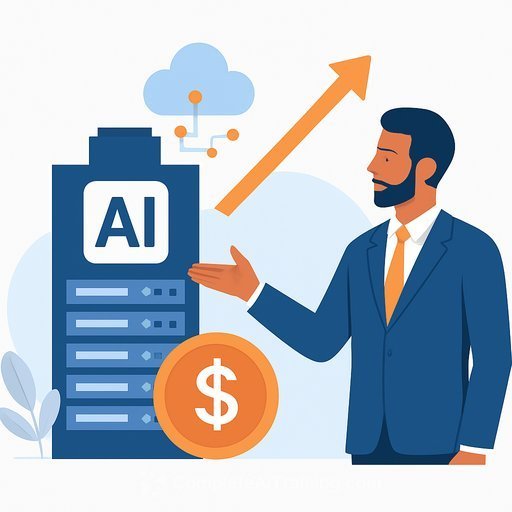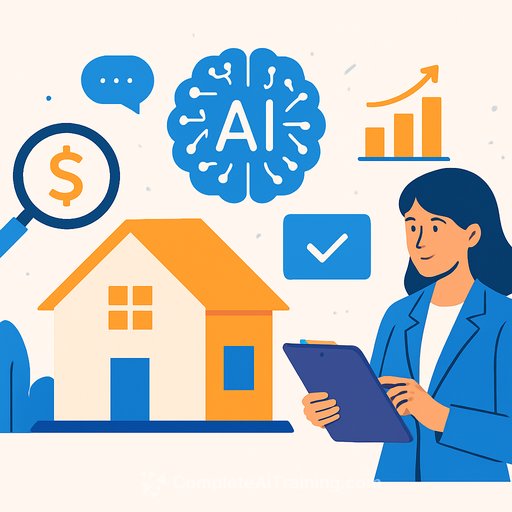Property Play: Where Real Estate Giants Are Betting Next
Two minds, one industry. Barry Sternlicht, the legendary investor behind Starwood Capital, and Brendan Wallace, the proptech venture capitalist from Fifth Wall, see the market from different angles. One built a legacy on traditional assets; the other is funding the tech that supports them.
Their conversation offers a clear look at how old-school commercial real estate is adapting to a new tech-driven world-and how that new world still depends on timeless principles.
On The Current CRE Market
The recent 500 basis point rate hike hurt. According to Sternlicht, most investors paid a price, either through higher yields or unhedged costs that drained cash flow from properties.
But he believes that pain is mostly behind us. Sternlicht is direct: interest rates are going down. He predicts a change when a new Federal Reserve Chairman takes over next May, suggesting a rate cut is a condition for getting the job.
For Wallace, the rate increases hit proptech from two sides. Tech companies got rerated, and at the same time, demand from their commercial real estate clients simply stopped. He also notes a slowdown in decarbonization efforts, suggesting the industry got a "hall pass" for a few years.
On AI and The Data Center Gold Rush
Sternlicht is betting big on data centers, with a $20 billion commitment to the space. But it's not a blind bet. The strategy isn't just to build; it's to get a lease from a hyperscaler like Amazon, Microsoft, or Google first.
The real risk he's watching is the tenant's credit worthiness. He specifically points to Oracle's deals with ChatGPT, noting that ChatGPT is a startup that doesn't make money and needs hundreds of billions to grow. Tracing who ultimately pays the bills is critical.
Sternlicht doesn't mince words on AI's impact on employment. "It is terrifying to me," he says, looking at how AI agents can replace human tasks. "Jobs of 15 people can be done with a chatbot that costs me $36 a month."
This shift from human capital to automated systems is happening now. Understanding these new tools is becoming a core skill for operators and investors alike. For those looking to adapt, you can explore AI courses sorted by job role.
Wallace adds another layer to the AI boom, questioning who ultimately pays for the massive compute power required. The financial commitments between large tech companies and infrastructure providers are complex, but eventually, the cost has to be absorbed by the real economy.
The demand is undeniable. Data centers and digital infrastructure are a core part of the modern economy, a fact recognized by institutions like the U.S. Department of Energy which tracks their growing energy consumption.
Your membership also unlocks:






